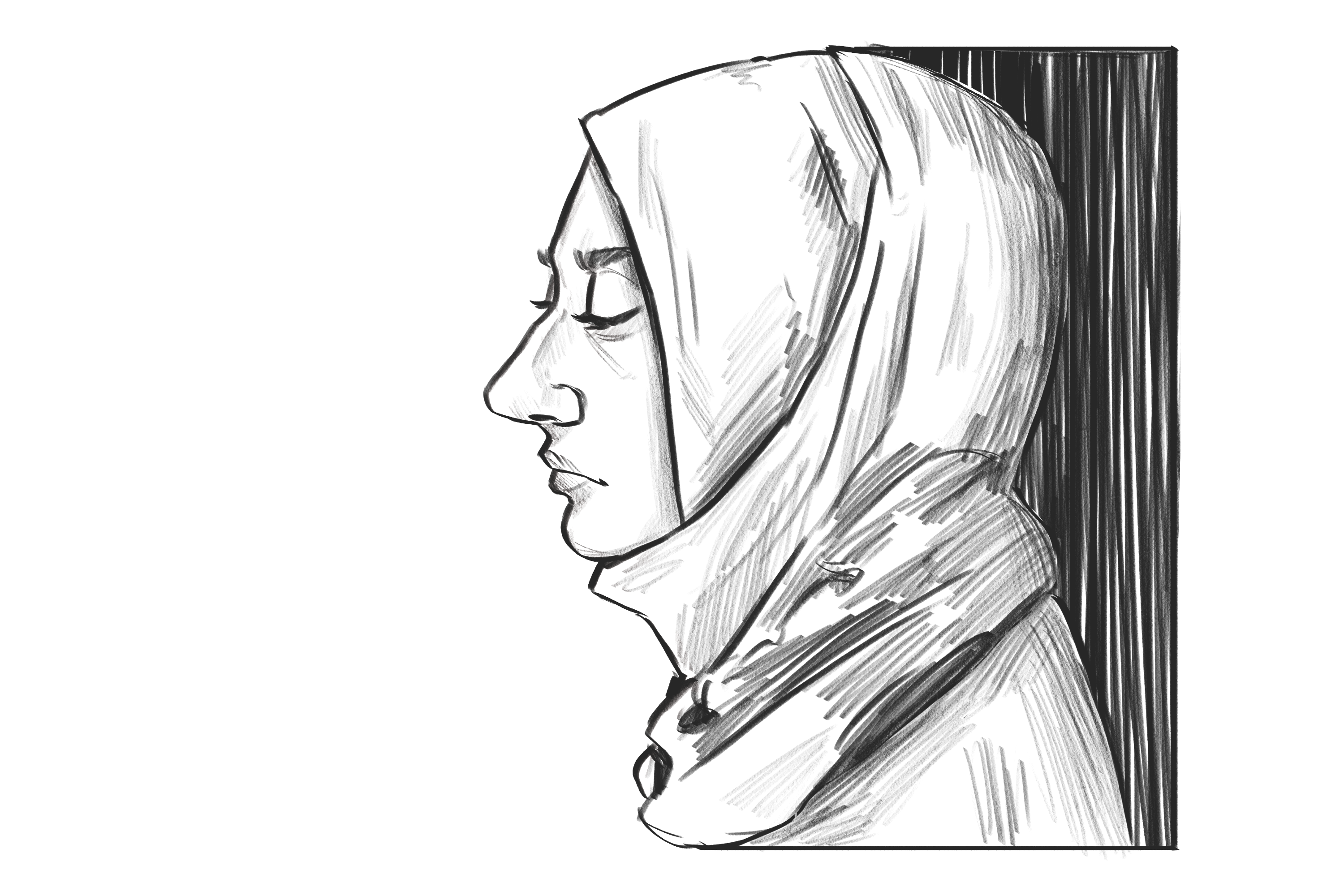The Court of Appeal of Quebec upheld Bill 21 as it “does not offend Canada’s constitutional architecture” according to the Court.
Nestled in the picturesque Maurice region of Quebec, rolling hills and farm fields surround the little town of Hérouxville, Quebec. In 2007, the town of around 1,300 inhabitants sparked the ongoing debate of “laiïctié” or secularism in Quebec.
On Jan. 25, 2007, the town adopted a code of conduct that would prepare immigrants for life in Hérouxville, Quebec. The code named “Les normes de vie de la municipalité Hérouxville” (standards of living for residents of Hérouxville) was quick to gain attention from around the world for being steeped in islamophobia. Although the code did not overtly single out Muslims, the language used was very pointed.
After the code was harshly dragged through international news casting Québec in a poor light, the Premier at the time, Jean Charest, launched the Bouchard-Taylor Commission on Reasonable Accommodation in Quebec. Released in 2008, the Bouchard-Taylor commission found that the wearing of religious signs should be prohibited in the performance of duties that ‘embody the State and its necessary neutrality. In the commission it states that police officers, Crown prosecutors and presidents of the National Assembly of Québec are prohibited from wearing religious symbols but that teachers, public servants and other government employees should be allowed to do so.
Now 17 years later, Québec has garnered the same negative light as it did back in 2007.
On Thursday, Feb. 29, the Quebec’s Court of Appeal upheld Bill 21. This decision means that the court supports the secularism law and found that the Act “does not offend Canada’s constitutional architecture or the unwritten principles of the Constitution, nor does it offend any pre‑Confederation statute or principle having constitutional status.”
Bill 21 prohibits school teachers, principals, or any public workers in positions of authority from wearing religious symbols.
First announced in 2019 the bill was unusual in its preemptive use of the notwithstanding clause. The clause gives parliaments in Canada the power to override portions of the Charter of Rights and Freedoms when passing legislation. Because Québec used the clause before the bill was even challenged it raised brows to the fact that they knew it was going to be contested by the groups that it limits.
Dr. Saul Carliner, Chair of the Department of Education at Concordia said that this bill is unnecessary and limiting a province already struggling with finding enough teachers. “We also have to live with one another, and one of the beauties of diversity is […] it’s a lot easier to be tolerant of other people when there’s someone you come in contact with everyday.”
Carliner grew up during the Martin Luther King Riots in the United States. During this time, the schools utilized forced–busing, which meant they would bus kids in from afar to achieve a more diverse population. He attributes his understanding of justice and the situation at the time to his classmates that came from racialized communities.
“If you’re gonna live in any major or even intermediate sized city in Canada or really even the world, they are very diverse places,” said Carliner. “Imagine you’re a kid who’s from a visible minority and all of your teachers are not. It’s like, where do I fit in here?”
We reached out to the sponsor of Bill 21, Member of the National Assembly Simon Jolin-Barrette to hear his take on the Court’s decisions. Unfortunately, an interview was not possible but he did offer to answer questions via email.
“In effect, Bill 21 allows all religions to coexist in society with one another peacefully and in an equal manner,” said Jolin-Barrette’s office.
He continued to say “The bill on state secularism does not aim in any way to alienate religious minorities or to protect people of Christian faith. On the contrary, it is a vector of rights and equality.”
As for the status of Bill 21, currently there is a high likelihood that it will be passed up to the Supreme Court of Canada where it could potentially be knocked down.
